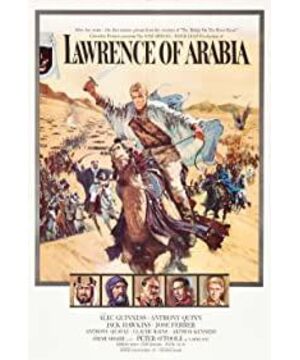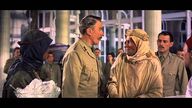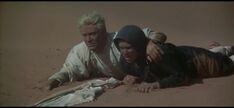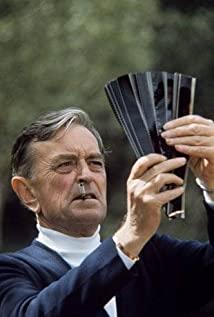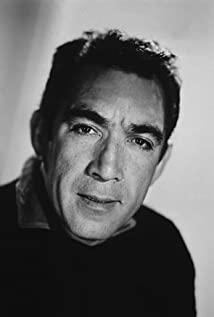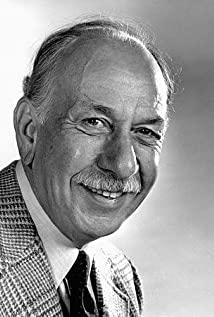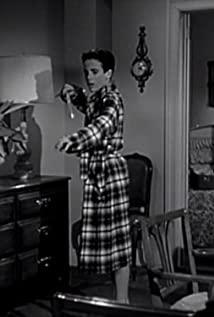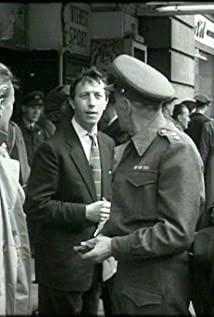"Young people make war, the essence of war...is the essence of young people, the old people keep peace, and the crime of peace is the crime of old people." One sentence made Lawrence's glorious and sad story. More extreme, aren't Lawrence and his idealism as fragile as a flower easily destroyed by the wind? There is another question, is the distance between the twenty-seven-year-old Lawrence and the "old man" really unbreakable? The picture and narrative of the movie are very good. The performance of the protagonist can fully support the scene. After watching it, I can't help but re-watch the beginning. No wonder Spielberg is full of praise. Four stars are given to the film itself, and the one star missing is aphasia. Arabs and the film's pure villain, Turkey, doesn't mean the film has to be absolutely impartial, but the complexity can't be ignored if it's not handled properly in the process of simplification. In fact, the war here was originally started by the United Kingdom. Although the shameless Sykes-Picot Agreement in the text was not implemented in the end, there was also the Treaty of Sevre later. The starting point of the war is also vaguely explained, which can be traced back to the eastward expansion of the Russian Orthodox Church and the westward expansion of Ottoman Turkish Islam. Movies where the national and national characteristics of this type of character are very important, I will also think of "Little Lolita's Uncle Monkey God". But that doesn't fundamentally damage its essence as a good movie.
View more about Lawrence of Arabia reviews


